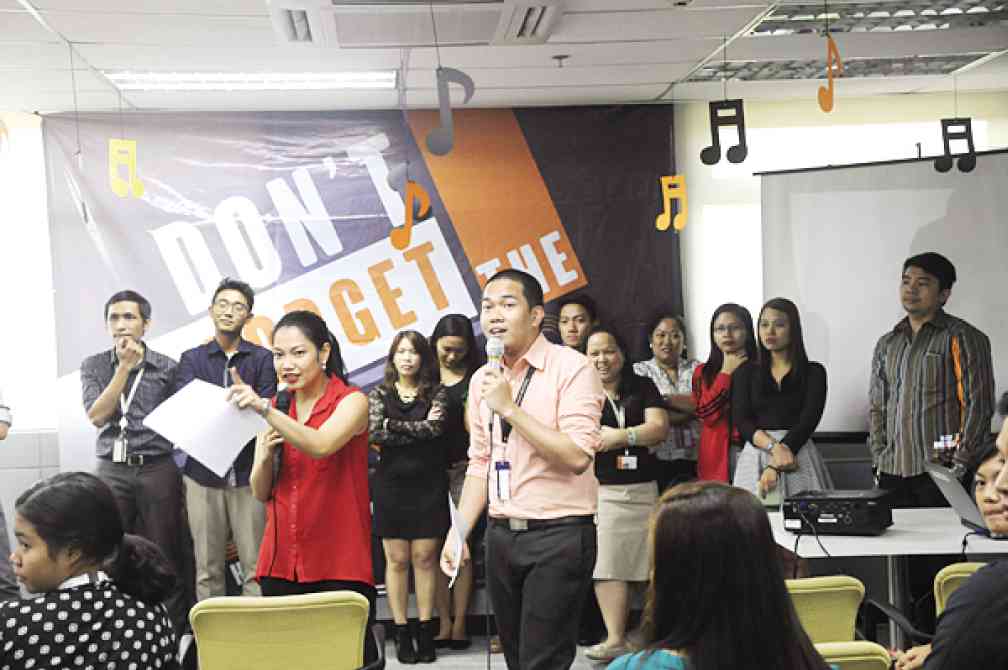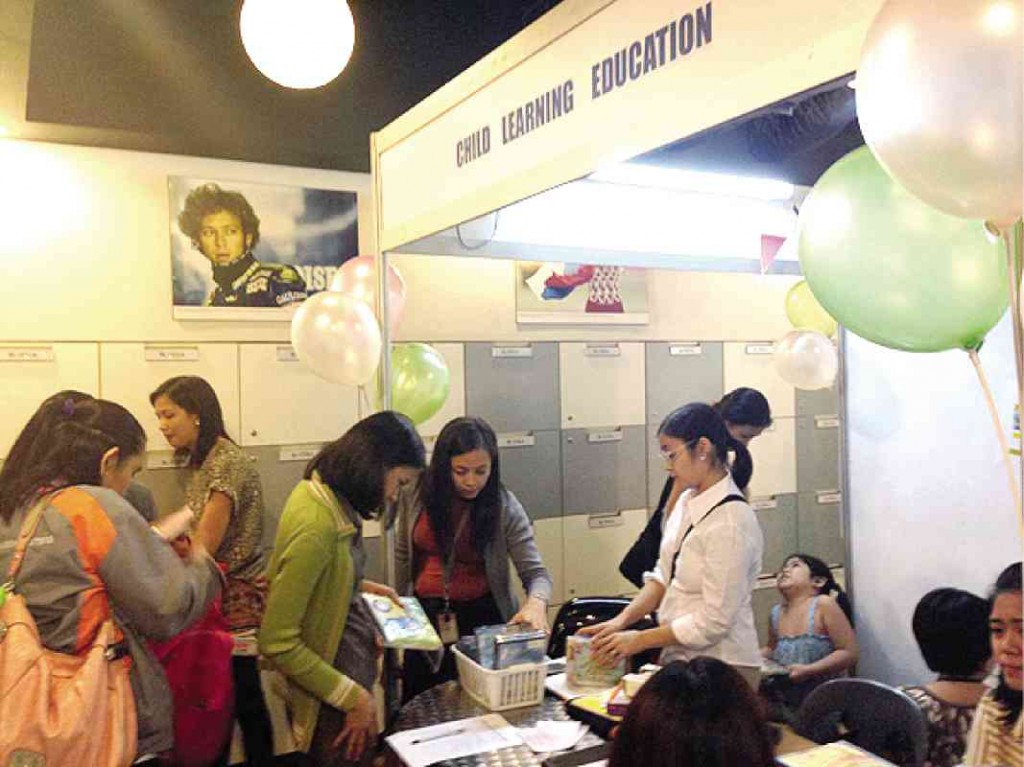Thomson Reuters preaches unity in diversity

DIVERSITY Week is Thomson Reuters’ way of creating an environment that breeds respect among its employees worldwide.
Growth of the business processing outsourcing (BPO) sector may have helped in tearing down cultural divides. Call center agents located in one country are now able to easily communicate with a customer from another.
It couldn’t be helped if problems in cultural understanding were to arise. What is all right to do in one country may be taboo in another.
To give its employees a better understanding of who they are dealing with, global information company Thomson Reuters came out with “Diversity Week.”
According to Daisy Aquino, head of Human Resources Business Partners of Thomson Reuters Manila, Diversity Week is the company’s way of creating an environment that breeds respect among people, particularly its workers across offices worldwide.
Aquino says that Thomson Reuters Manila’s celebration is among the most comprehensive in the company’s roster of human resource events “with various activities designed to actively engage our predominantly young employees.”
The Manila branch created its own four pillars where it based its activities.
“For this year’s Diversity Week, we continued to reinforce what we have defined as our four diversity pillars—Pride at Work, Cultural Sensitivity, Work Life Balance, and Women and Working Moms as our Diversity and Inclusion champions,” Aquino says. “We are an inclusive workplace and we want to show that employees are valued and have the opportunity to reach their full potential regardless of their style, experience, culture, race, color, gender, national origin, religion, gender identity and expression, sexual orientation, disability, among others.”
Thomson Reuters Manila’s lineup of activities included fora on various topics such as understanding gender sensitivity, doing random acts of kindness, events for working mothers, a film showing and an artist talk. This year, the company invited Aureaus Solito, who shared his experiences in creating culturally rich and diverse films. Also language classes, and sports and creative workshops were held from May 12 to 16.
One of the most interesting and important workshops held during Diversity Week was “Cross-Cultural Communication” facilitated by Subarna Malakar, head of Thomson Reuters’ Diversity and Inclusion in the Asia Pacific.
The workshop explained how failure to understand cultural differences could affect work and employees’ relationships.
“We have stereotypical ‘ideas’ among ourselves, consciously or unconsciously,” Malakar says.
Stereotype is a preconceived generalization people have about a particular group of people. People usually have this “idea” of what Asians or Westerners are like. They have this notion of their peculiarities or uniqueness based on first-hand or third-hand information.
People think that, because someone has Asian features, it follows that he or she also is Asian inside and out.
What most people do not understand is, “it’s not often the case,” Malakar says. “If an Asian is raised in Europe, he or she acquired its culture [unless parents strictly inculcated Asian norms].”
How do you address stereotyping in the workplace?
Malakar explains the aspects of cross-cultural competence, which include having an open attitude, self-awareness, awareness of others, cultural knowledge and cross-cultural skills.
Each environment also has its own cultural variables. These include attitudes, beliefs, behaviors, values, identity, communication and time.
Malakar says that in the workplace, workers must look beyond cultural differences. Decision-making and conduct toward others, should be treated individually and accordingly. Managers or employees need to look at situations and not a person’s cultural orientation.
“Different strokes for different folks,” Malakar says.
These days, the workplace is as diverse as it can get. It means that adjustments must be made in every situation. Jumping into conclusions may prove fatal not only for the person but for the company as well.
Ultimately, it is important to know that “not all individuals from a given culture will behave in exactly the same manner,” Malakar says. “No one side of the continuum is better or worse than the other. Part of building an inclusive environment is being able to adapt your management style on employees from different cultures and who have different needs. It is better to understand how different cultural variables may impact (employee) performance.”
These are just few of the things Diversity Week wants to address.
“It is an opportunity for our employees to learn and experience for themselves what we mean when we say we have a diverse and inclusive work environment,” Aquino says.

